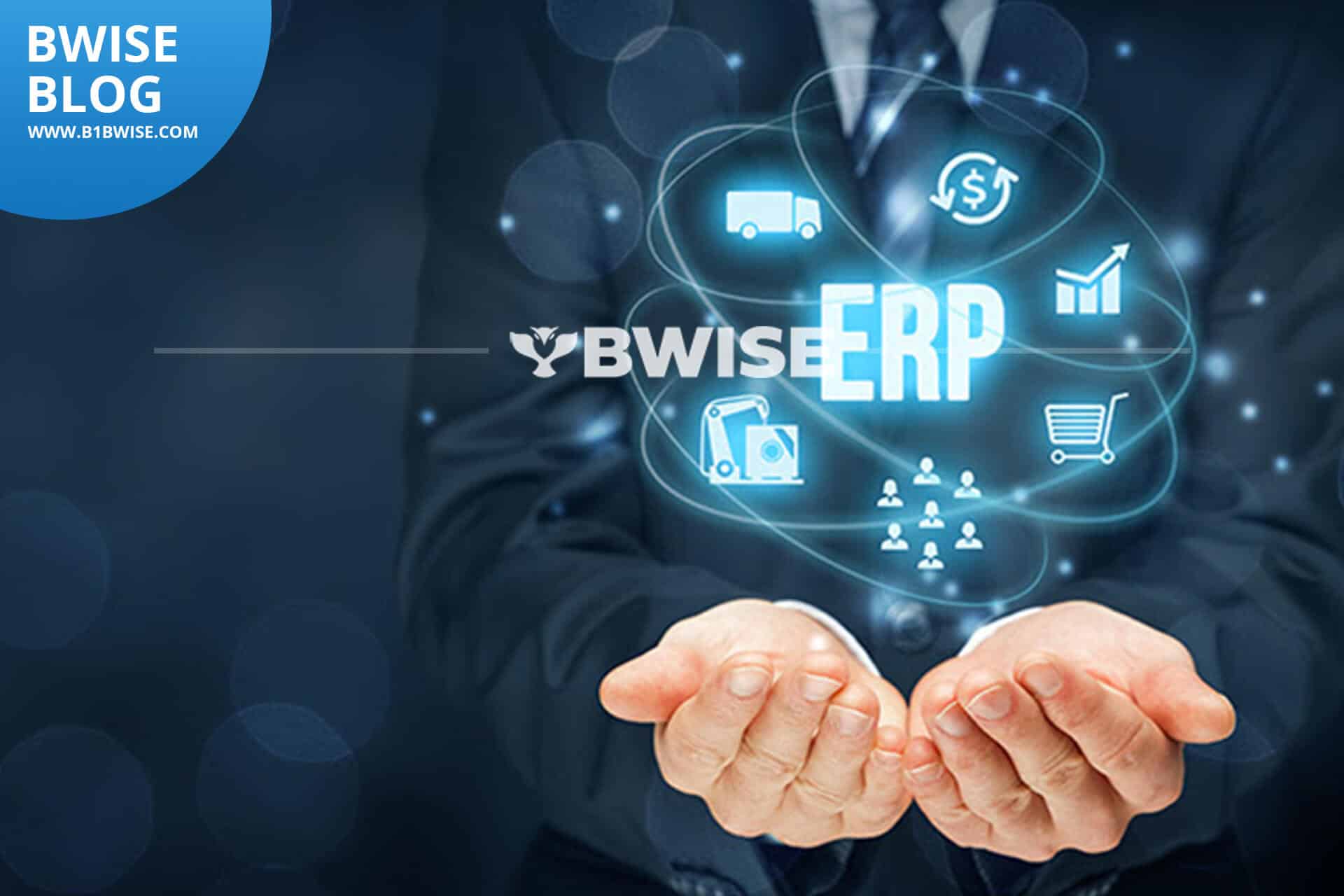
For most businesses, ERP is one of the most strategic investments it will make, as it can directly contribute to its growth by automating and streamlining most aspects of a business’s operations, including finance, human resources, manufacturing, supply chain management, customer relationship management, and more. Enterprise Resource Planning (ERP) systems come in various types and configurations to cater to the diverse needs of businesses and some of them even combine different kinds of ERP aspects to make their solutions better.
Here are 10 common types of ERP systems:
On-Premises ERP:
Traditional on-premises ERP systems are installed and run on a company’s own servers and infrastructure. This gives the organization complete control over the software, data, disaster recovery and security. However, it can be more costly to set up and maintain.
Open-Source ERP:
Open-source ERP solutions provide the source code, allowing businesses to customize the software to their specific needs. They are often more affordable than proprietary systems but may require more technical expertise to implement and maintain. Examples include Odoo and ERPNext.
Cloud ERP:
Cloud-based ERP systems are hosted on remote servers and accessed over the internet. They offer scalability, reduced upfront costs, and flexibility. Users can access the system from anywhere with an internet connection. Examples include SAP Business One and Oracle NetSuite.
ERP for SMEs:
Designed for small and medium-sized enterprises (SMEs), these ERP systems are scaled-down versions of large Tier 1 ERP solutions. They focus on essential functions like accounting, inventory, and customer management, making them more affordable and easier to implement. Examples include SAP Business One and QuickBooks Enterprise.
Industry-Specific ERP:
Many ERP systems are tailored to specific industries, such as manufacturing, healthcare, retail, or construction. These industry-specific ERP solutions come with pre-configured features and modules that meet the unique needs and regulatory requirements of the respective sector.
Legacy ERP:
This is the moniker associated with older, traditional ERP systems that may not have been updated to the latest technologies or may lack modern features. Organizations with legacy systems might consider upgrading to more modern solutions.
Mobile ERP:
With the rise of mobile technology, some ERP systems are designed to be accessible on smartphones and tablets. This is particularly useful for sales people, field service teams or employees who need to access data while on the go.
Customized ERP:
Some businesses opt for fully customized ERP solutions built from the ground up to precisely meet their unique requirements. This can be an expensive and time-consuming approach, but it offers the most tailored solution. It is not unusual to find companies that opted for this approach find themselves with a ‘legacy system’. Maintaining a system and keeping it on the forefront of technology is not for the meek and often distracts the business away from its core business.
Hybrid ERP:
Hybrid ERP systems combine on-premises and cloud-based solutions. This approach allows organizations to take advantage of both worlds, maintaining some critical functions on-premises while utilizing the cloud for others. Or it could be sitting in the cloud – but the software is a perpetual license. Or maybe it’s sitting on your servers with a subscription monthly licensing model
AI-Enhanced ERP:
Modern ERP systems may incorporate artificial intelligence and machine learning capabilities to provide advanced analytics, predictive insights, and automation of routine tasks. This is the emerging technology in the ERP space
Remember, many ERP Software systems, like BWISE’s SAP Business One, falls into different categories as it offers solutions that cover multiple aspects of ERP and deployment models. The choice of ERP type depends on the size of the business, industry, budget, and specific requirements. Selecting the right ERP system is a critical decision, as it can significantly impact a company’s operations, efficiency, and competitiveness for years to come. Remember B1 BWISE!

